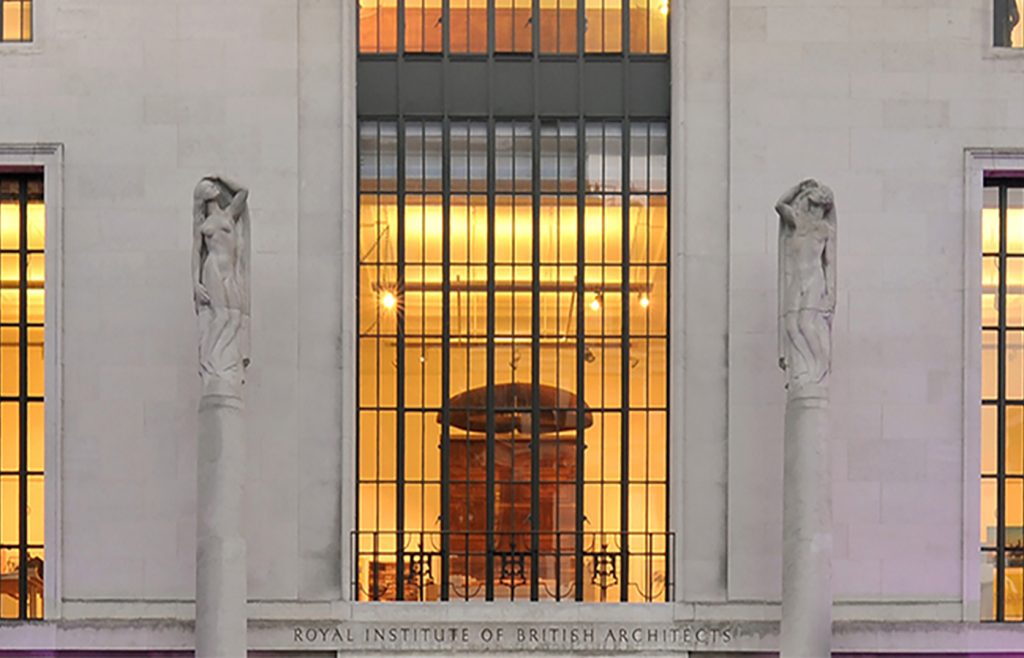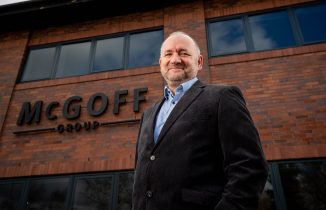
The Royal Institute of British Architects (RIBA) has published the findings from its latest Future Trends Survey, a monthly report of business and employment trends affecting the architects’ profession.
The findings show that architects felt less upbeat about future workloads and staffing levels in October, following September’s partial recovery.
Over the next three months, practices expect workloads – across all sectors – to fall overall, reflecting high levels of pessimism in the housing sector.
The ‘optimism gap’ between small and larger practices has also shrunk as confidence wavers among larger practices, and staffing levels are expected to drop.
Uptick in workload optimism proves short-lived
In October, the RIBA Future Trends Workload Index fell by 7 points to -8.
Over the next three months, 21% of practices expect workloads to increase, 28% expect them to decrease, and 51% expect them to stay the same.
Small practices (1-10 staff) returned a confidence figure of -9, dropping by five points, while medium (11+ staff) and large (50+ staff) practices returned a combined figure of +2 – a positive number, but a 5-point drop from last month.
All four monitored work sectors provided a negative, deteriorated outlook on future work. The outlook for the Private Housing sector fell by 15 points to -22; the Commercial sector fell by 4 points to -4; the Public sector fell by 5 points to -10; and the Community sector fell by 6 points to -7.
Regionally, only the North of England maintained a positive outlook.
Return to pessimism on staffing hits larger practices hardest
In October, the RIBA Future Trends Permanent Staffing Index fell by 5 points to -4, showing that overall, practices expect to employ fewer permanent staff.
- Over the next three months, 8% of practices expect to employ more permanent staff, 12% expect to employ fewer, and 81% expect no change.
- Medium and large practices expect an overall decrease in permanent staff, returning a combined Permanent Staffing Index figure of -2, a dramatic 24-point drop from last month.
- Small practices continue to expect staffing levels to decline, returning a slightly lower Permanent Staffing Index figure of -4.
- After being optimistic across the board last month, all regions now anticipate falling permanent staffing levels.
- The Temporary Staffing Index also fell by 6 points to -6, suggesting falling numbers of temporary staff in the next three months.
- Levels of personal underemployment held steady at 23%.
RIBA Head of Economic Research and Analysis Adrian Malleson said: “After last month’s partial recovery, this month’s survey results reflect a more downbeat profession.
“While we can assume that the sharp downturn in potential Private Housing sector work is impacting smaller practices, larger practices are also moderating their workload expectations.
“Across the board, workloads continue to feel the squeeze of planning delays, a weak UK economy, client payment delays, financing uncertainty, and increased interest rates.
“Practices also report project delays caused by clients and the industry adapting to regulatory changes, such as the requirement for a second staircase for buildings over 18 metres, and the implementation of the Building Safety Act.
“Nevertheless, some practices continue to report demand for their services outstripping their capacity, with full pipelines of work, and healthy levels of new enquiries. Several practices report more new enquiries after a quiet spring and summer.
“We will continue to report our findings to the Government and work with other built environment bodies to monitor these trends.”





